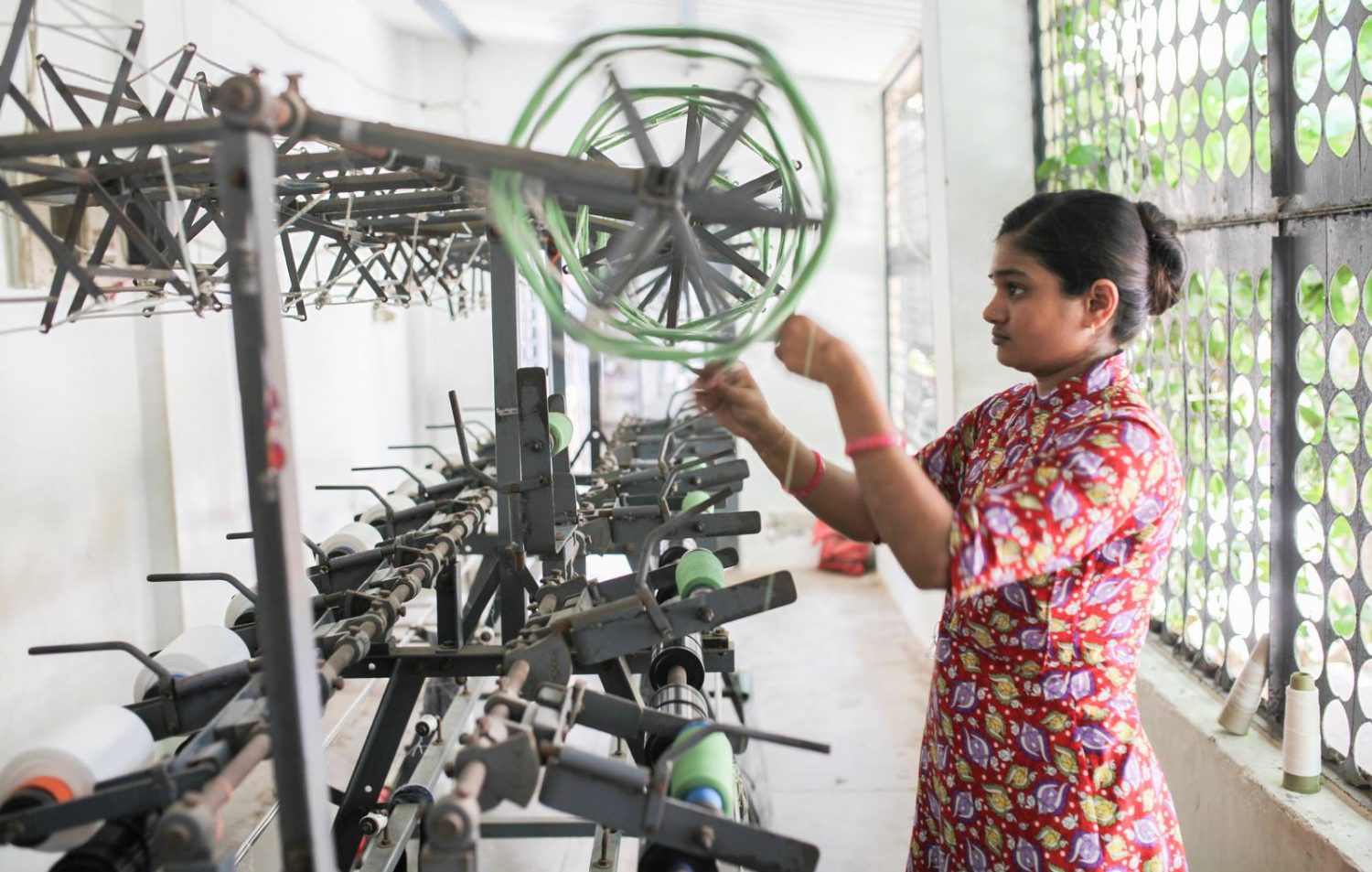ImpactAlpha, November 15 – Work done with hands is the second-largest employer of women in developing economies. The “handworker economy” accounts for 300 million jobs globally, says Nest, a New York nonprofit.
The majority female community of artisans is key to supply chains in clothing, jewelry, sculptures and furnitures. The handworker economy is still largely underinvested in says Nest’s Rebecca van Bergen. “People think of artisan work as niche, unscalable and highly localized,” she says. “People don’t see it as a scalable sector.” The group’s Handworker Economy Convening attracted corporates including J. Crew and Target, impact fund managers including Humanity United and philanthropic investors including the Cordes Foundation.
- Handworker pipeline. The nonprofit’s Nest Connect program supports over 450 global artisan businesses, giving them access to the digital learning tools and consulting they need to grow and scale their businesses. The handworker economy can bring artisans businesses into the formal economy as well as, “bring visibility, dignity, voice, and power to artisans that might live at the end of a very long complex supply chain,” van Bergen says.
- Labor lens. A growing number of “labor-lens” investors are betting on strategies for ending exploitative working practices. Humanity United has raised $25 million and made three investments including in QuizRR’s digital tools to teach employers and workers about worker rights and responsibilities. “Our investments are intended to strengthen the tools that multinationals and other employers can use to solve labor rights problems in their supply chains,” Humanity United’s Dan Viederman told ImpactAlpha.
- Creative lens. A growing number of creative-lens investors are recasting artists as innovators and a source of business and social value. Upstart Co-Lab has identified 107 funds investing in creative sectors, including ethical fashion.











